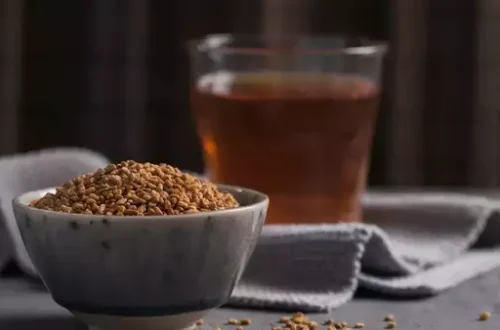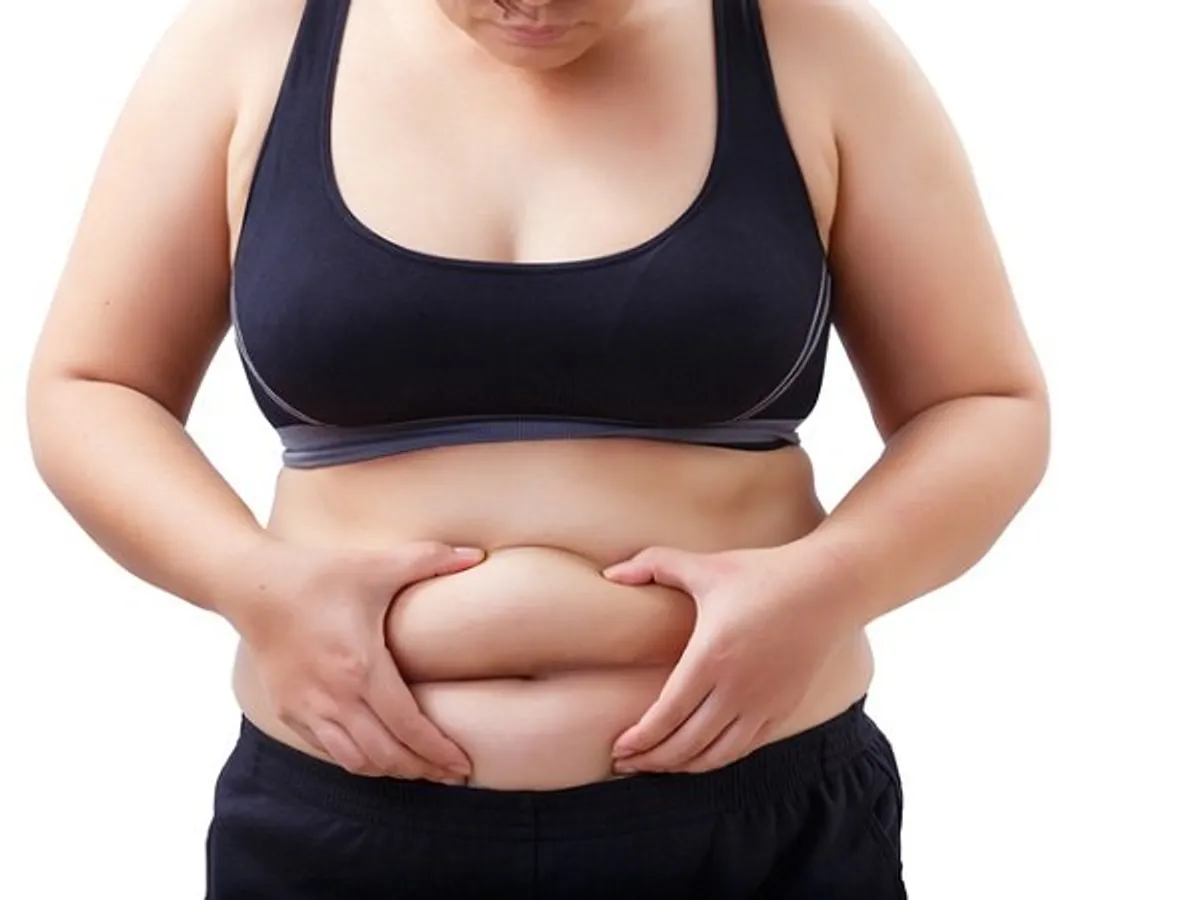Fatty liver is a condition in which there is an excessive accumulation of fat within the liver cells, leading to liver inflammation and damage. It is commonly caused by factors such as obesity, high alcohol consumption, high cholesterol levels, and type 2 diabetes. Fatty liver can be benign (nonalcoholic fatty liver disease) or result in more serious conditions like liver cirrhosis and liver failure (alcoholic liver disease). Symptoms may include fatigue, abdominal pain, and elevated liver function tests. Early diagnosis and management of contributing factors such as weight loss and lifestyle changes are important in preventing progression of the disease. How Can I Reduce my Fatty Liver Naturally? Read the article to know everything about fatty liver.
What is the main cause of a fatty liver?
The main cause of a fatty liver is an excessive accumulation of fat within the liver cells, also known as steatosis. This can occur due to a variety of factors, including:
- Obesity: Excess weight and obesity can cause an increase in fat storage, including in the liver.
- Insulin resistance: Insulin resistance, a condition that commonly occurs in type 2 diabetes, can lead to increased fat storage in the liver.
- High-fat diet: A diet high in fat, particularly saturated and trans fats, can contribute to the development of fatty liver.
- Rapid weight loss: Rapid weight loss, such as from rapid dieting, can cause the liver to break down fat, leading to an accumulation of fat in the liver.
- Excessive alcohol consumption: Heavy alcohol consumption is a leading cause of fatty liver, particularly in alcoholic liver disease.
- Certain medications: Some medications, such as steroids and certain chemotherapy drugs, can cause fatty liver.
- Other medical conditions: Certain medical conditions, such as high cholesterol and high triglycerides, can contribute to the development of fatty liver.
It is important to speak with a healthcare provider for personalized recommendations and to identify and manage the underlying causes of fatty liver.
How I can reduce my fatty liver?
To reduce fatty liver, it is important to adopt a healthy lifestyle and make changes in your diet and physical activity. Some of the key steps you can take include:
Buy Vaidban Bhuamrit Powder for overall Health & Wellness – Buy Now

- Weight loss: Losing weight, especially around your waist, can help reduce the amount of fat in your liver. Aim for slow, steady weight loss of 1-2 pounds per week through a combination of diet and exercise.
- Healthy eating: Incorporate more fruits, vegetables, whole grains, lean protein, and healthy fats into your diet. Reduce your intake of sugar, saturated and trans fats, and added sugars.
- Physical activity: Engage in regular physical activity, such as brisk walking, jogging, cycling, or swimming, for at least 30 minutes a day, most days of the week.
- Limit alcohol consumption: If you drink alcohol, limit your consumption to no more than one drink per day for women and two drinks per day for men.
- Avoid unhealthy habits: Quit smoking, avoid excessive consumption of sugar-sweetened beverages, and reduce stress through activities such as yoga, meditation, or exercise.
It is important to speak with a healthcare provider for personalized recommendations and to monitor your progress and liver function tests. Early intervention can help prevent the progression of fatty liver disease.
Fatty liver cause, symptoms and treatment
Fatty liver disease often causes few, if any, symptoms in its early stages. However, as the condition progresses, symptoms may include:
- Fatigue and weakness
- Abdominal pain and swelling
- Nausea
- Weight loss
- Confusion or trouble concentrating
- In some cases, fatty liver can progress to more serious conditions, such as liver inflammation (hepatitis), cirrhosis, or liver failure.
What Foods help cure a Fatty Liver?
Diet plays a significant role in managing fatty liver disease. Here are some dietary recommendations that can help reduce the accumulation of fat in the liver and improve liver function:
- Eat a balanced and nutritious diet: A diet that is high in fruits, vegetables, whole grains, lean protein, and healthy fats is beneficial for people with fatty liver disease. Avoid processed foods, sugary drinks, and saturated and trans fats.
- Choose complex carbohydrates: Choose complex carbohydrates such as whole grains, fruits, and vegetables, which are rich in fiber. This helps to keep you full and reduce your overall calorie intake.
- Consume healthy fats: Include healthy fats in your diet, such as olive oil, nuts, and seeds. These fats help to reduce inflammation and improve liver function.
- Avoid alcohol: Avoid alcohol completely or limit it to one drink per day for women and two drinks per day for men.
- Cut down on sugar: Limit your intake of added sugars, which are found in processed foods, sugary drinks, and sweets. Instead, choose natural sweeteners such as honey, maple syrup, or stevia.
- Drink plenty of water: Drinking plenty of water helps to flush out toxins from your body and keeps you hydrated.
- Consider portion control: Portion control is key to managing your weight and reducing the fat accumulation in the liver. Use smaller plates, and eat slowly to give your body time to signal when it is full.
It’s important to note that dietary changes alone may not be enough to cure fatty liver disease, and you should work with your healthcare provider to develop a comprehensive treatment plan.



